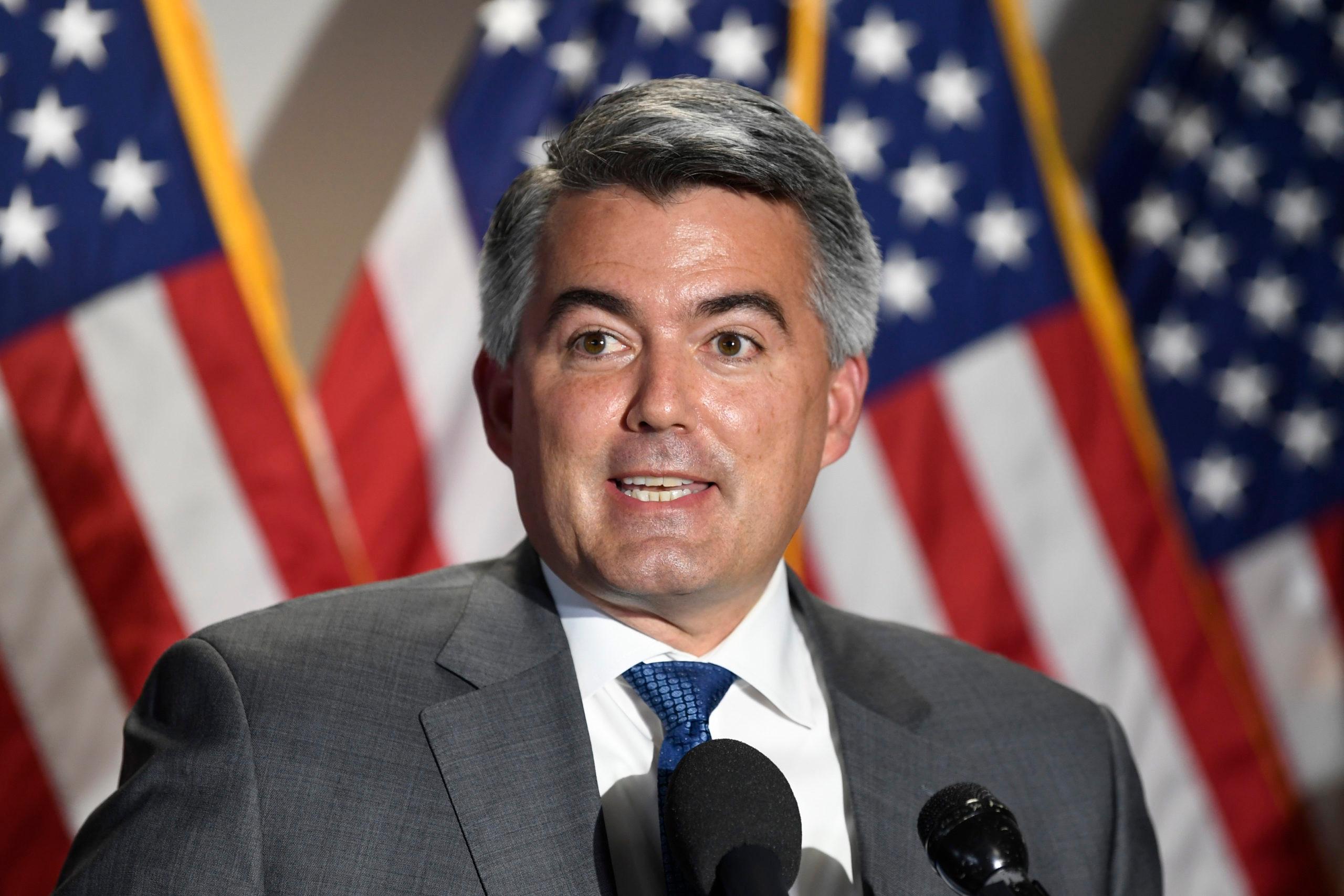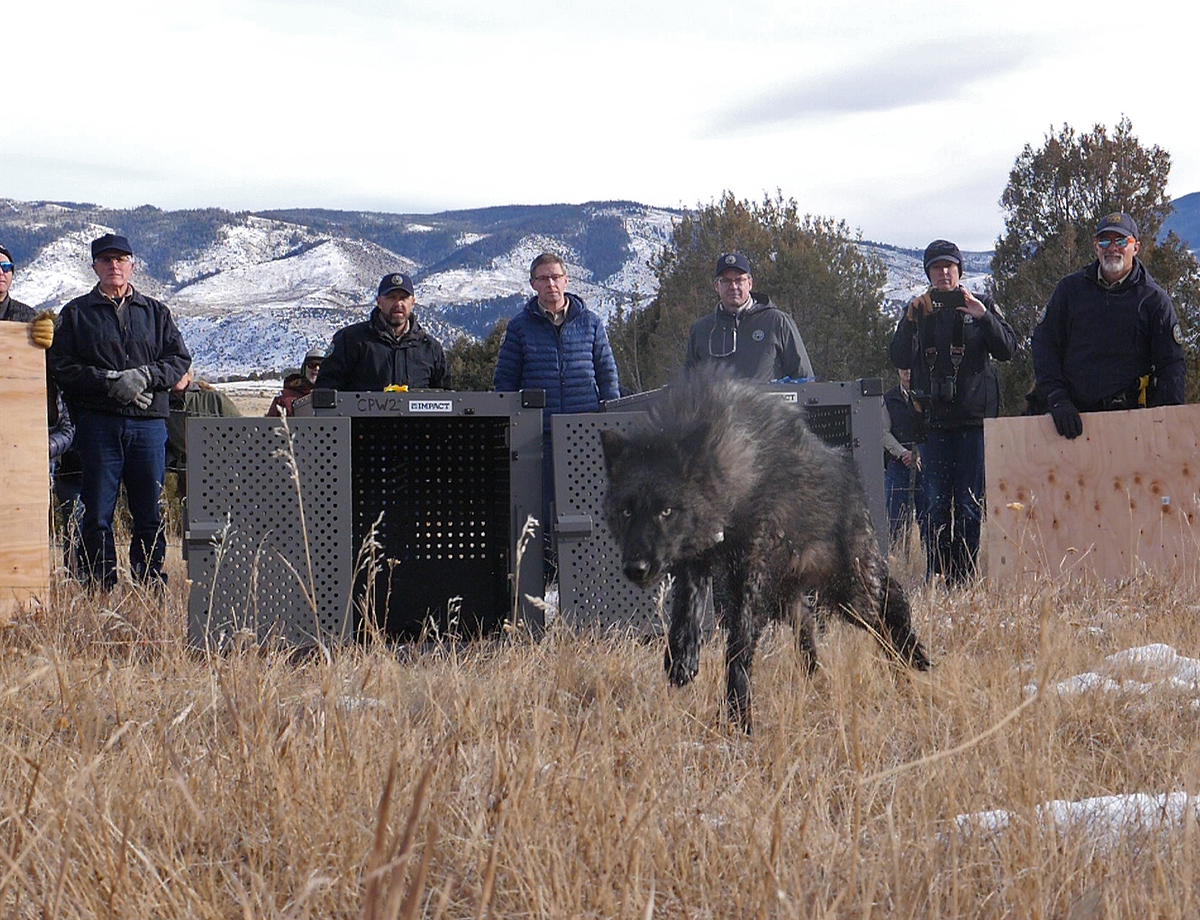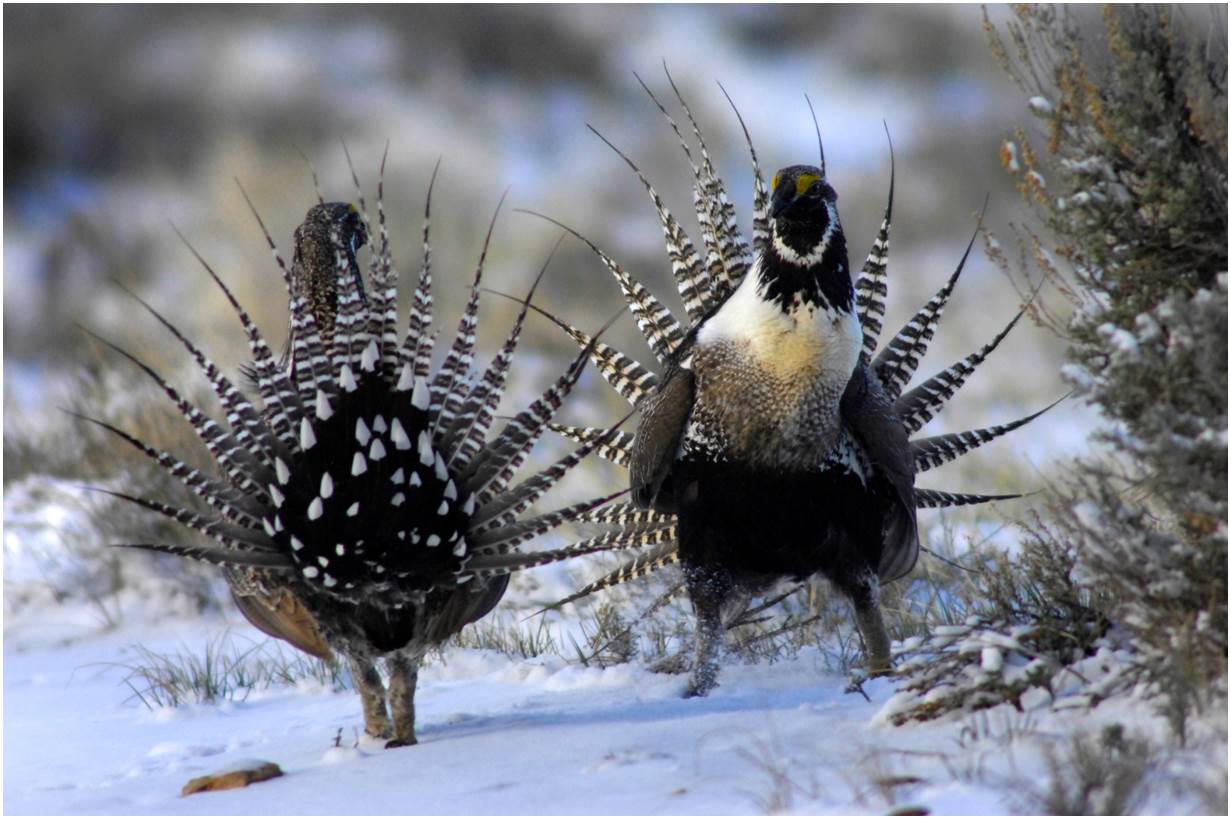
Passage of the Great American Outdoors Act may do more than just protect public lands across the country, it could protect the jobs of vulnerable Republicans and, ultimately, the GOP Senate majority.
The bill is a major legislative win for Colorado Sen. Cory Gardner that comes at a time when the Yuma Republican hopes for a more important victory: re-election in November. The bill cleared the Senate on a 73-25 vote with both Colorado senators in the yes column.
The next stop is the Democratic-led House.
President Donald Trump credited Gardner and fellow Republican Sen. Steve Daines of Montana for his desire to sign a bill that fully and permanently funds the Land and Water Conservation Fund and restores the country’s National Parks. Senate Majority Leader Mitch McConnell has also given several shout outs to the two Republicans when he spoke of the leadership or hard work of Gardner and Daines.
Gardner faces the toughest race of his career — possibly going up against popular former Democratic Gov. John Hickenlooper or Andrew Romanoff, a former Colorado Speaker of the House — in a state that Trump lost in 2016.
The timing isn’t lost on some groups. Vanessa Harmoush, communications director for the left-leaning Rocky Mountain Values, said it seems “intentional.”
“And it almost feels like it’s being used as a prop to give [Gardner] a win because he hasn’t been a great advocate for public lands and conservation over the last few years,” she said.
McConnell brushed off questions of whether this is a political gift to two endangered Republicans. Daines will face off against his state’s current governor, Steve Bullock.
Recent polling shows voters trust Democrats more than Republicans on environmental issues by double digits, especially when it comes to the top of the ticket. Conservation issues can help Republicans, like Gardner, especially when people across the political spectrum are already united on the issue.
Republican Political consultant Tyler Sandberg added, there’s another reason it will help Gardner.
“I think it helps him tremendously because it’s him delivering on an issue important to Colorado,” he explained.
Gardner wears his support of the Great American Outdoors Act like armor. And he might need it.
The League of Conservation Voters gave Gardner’s 2019 voting record a 36 percent. His lifetime score is 11 percent. For comparison, Democratic Sen. Michael Bennet scored 86 percent in 2019 with a lifetime score of 89 percent.
Jim Ramey, Colorado state director for the Wilderness Society, gives credit to Gardner for getting the bill this far. But there are other conservation and environmental bills where he said the senator and Coloradans haven’t seen eye to eye.
“I, for one, wish that Sen. Gardner would be responsive to the calls from constituents to support a lot of other pro-parks programs or pieces of legislation like the CORE Act, to take action on climate change,” he said.
CORE is a Colorado wilderness designation bill that has support from people on the ground, but the congressional delegation is divided along party lines. Bennet has been trying to push the bill forward in the Senate and even offered it as an amendment to the Great American Outdoors Act. It was not included. None of this is surprising to Bennet.
“On climate change and our public lands generally, he's been missing in action. And I don't think that this late attempt to do something to try and help him with his election is going to make a big difference,” Bennet said.
Gardner has touted his support of public lands going back to his day as a staffer for former Colorado Sen. Wayne Allard, and his office points out that he has consistently voted in support for LWCF. But Gardner didn’t co-sponsor a bill to reauthorize and fund LWCF until 2017, the first year of the Trump administration, along with a dozen other Republicans.
The Lugar Center, which does a bipartisan ranking of senators, has noted Republican senators have increased their bipartisanship number over the last three years, possibly as a way to give some distance and independence from Trump legislatively when they won’t publically.
Still, for GOP consultant Sandberg, it doesn’t matter when Gardner signed on to LWCF or any other public lands bill, it’s the fact that he got it done.
“I mean Mark Udall was Mr. Outdoors and the fact that he could never get it done is really a ringing endorsement of Cory’s ability to bring some pretty serious accomplishments that have sat out for there for years,” Sandberg said.
Gardner recognizes his record is not going to please everyone.
“If they're interested in genuine policy and genuine results, I think this has been an incredible collaboration. If they're interested in politics, they will never be happy with what I do,” he said.
Voters, like Amy Dannwolf, a self-described moderate, are interested in both.
Along with her husband, Dannwolf owns a ski business in Golden, Colorado, and shares some of the same points that Gardner does about the importance of public lands — the economic benefits, the importance of the outdoors after months of being indoors because of the pandemic.
She is also looking at his entire record, including that lifetime conservation score.
“For what our state has to gain from environment initiatives and just how important public lands and environmental initiatives are to Coloradans, 11 percent is kind of comical,” she said.
Voters will soon meet Dannwolf. She and her husband have agreed to be in a political ad that stresses the importance of public lands and criticizes Gardner’s record.
It will be one of many ads that voters can expect to see from across the political spectrum in a Senate race that’s taken on national significance.









